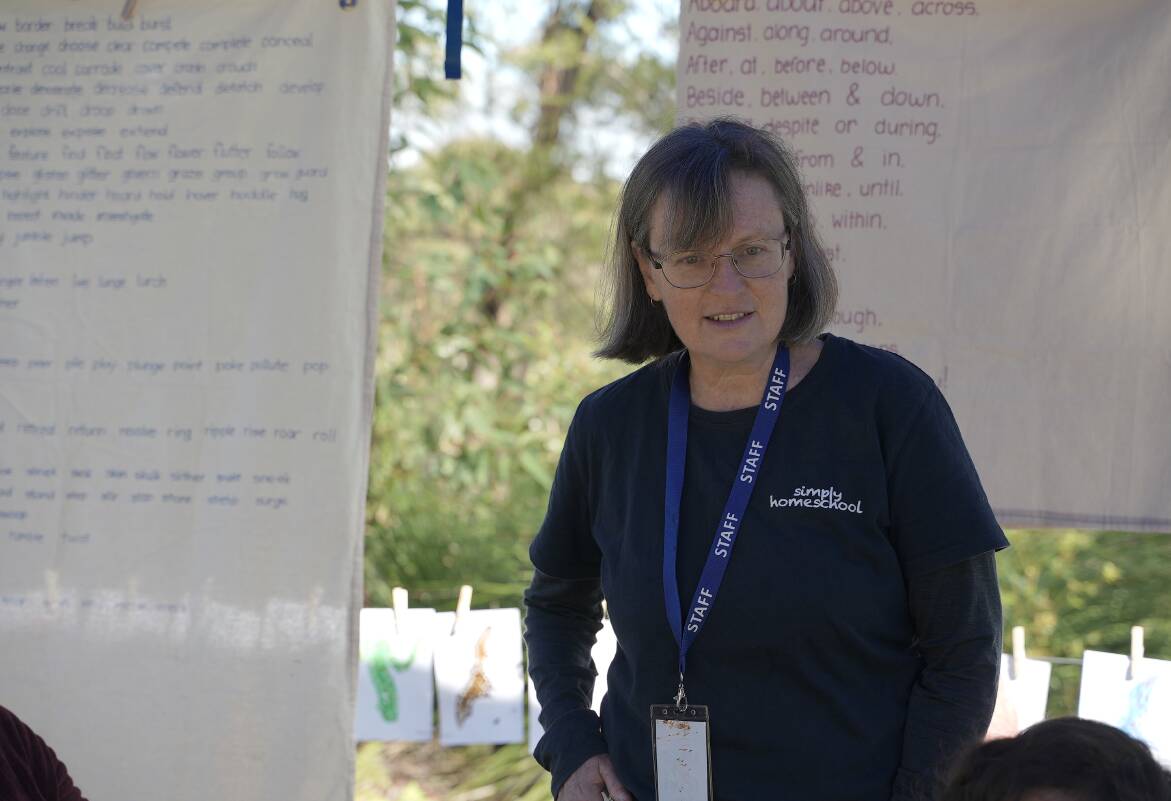
THE NUMBER of Hunter families homeschooling their children has risen dramatically during the past two years of the pandemic, with some realising long-held goals and others wanting to provide more much-needed stability as students moved in and out of remote learning during lockdowns.
NSW Education Standards Authority data shows 12.51 per cent of the 8993 children registered for homeschooling last year resided in the Hunter region, a proportion second only to Western Sydney with 31.45 per cent.
The Hunter proportion is equal to 1125 students in 2021 and is up from 821 in 2020, 718 in 2019 and 642 in 2018.
The figures are no surprise to former primary school teacher and mum of four Karen Willson, the founder of Simply Homeschool.
Based in Kincumber, it provides registration support, curriculum and resources to families in the Hunter and across Australia.
"I suspect the number of homeschoolers is actually higher than that, because not everyone is registered," Ms Willson said.
She established her business in January 2018 and said the number of families on her books quadrupled in the four years to January this year.
"There's been a massive influx into homeschooling, just huge, it's crazy," Ms Willson said.
"It's everywhere, it's across the board."
She said business had grown by a further 25 per cent in the past six months.
"Between January and March was absolutely crazy, we've never seen anything like it."
The Education Act 1990 allows parents to choose to educate their children at home.
Children must be registered with NESA. Its latest data shows the number of children registered rose from 5429 in 2018, to 5906 in 2019, 7032 in 2020 and 8993 in 2021.
The Hunter region accounted for 11.83 per cent of all children registered at the end of 2018 to 12.16 per cent at the end of 2019, to 11.68 per cent at the end of 2020 and 12.51 per cent at the end of 2021.
"The number of families who choose to homeschool their children remains a very small proportion - less than one per cent of all school aged children in NSW," a spokesperson said.
"NESA supports the rights of parents to choose how they wish to educate their children.
"The requirements we have set for a parent to register for homeschooling ensures all children receive a high-quality education in NSW."
Ms Willson said parents who chose to homeschool their children were "highly invested" in their education.
"There's nobody who cares more about your child's education than you do, so you're not going to bring them home and not educate them," she said.
Ms Willson said there appeared to have been three "waves" of families starting homeschooling during the pandemic, which saw the state government ask children to learn from home for two extended periods, in March 2020 and in the Hunter, from August 2021.
"There are lots of parents who are homeschoolers at heart, they actually really love being with their kids, they love the holidays, they kind of wish they could do homeschool, they feel sad when their kids go back to school, but they just don't think they can pull it off for whatever reason," she said.
"The first wave was that cohort of people within weeks of the first lockdown, those people go 'Right we're doing it anyway so we might as well do it properly'."
She said these families intended from the beginning to homeschool long term.
"That first wave knew right from the start that all their dreams had come true, their wishes had been granted and they now had a really good reason to start and to sort whatever issues there were."
She said the second wave began when children could return to school and included those who had developed anxiety about the pandemic.
"It was also the kids whose parents had discovered while having them at home... they thought their private school was doing a great job but now discovered they'd been paying out $30,000 a year for an education that is boring their 12-year-old son to tears because he's really brilliant... or that their year four daughter is actually too scared to ask questions and she is actually failing and not doing well.
"So lots of parents then were in that cohort, they said 'Actually I can't believe how much difference being home has made, I'm not sending them back'."
She said the third wave from about September 2021 to March this year comprised families cautious about vaccination, as well as those who wanted to create stability.
"They'd seen their kids go in and out, schools opened, schools closed, schools opened, schools closed," she said.
"I suspect that wave has also had the biggest return back into school, because I think school hasn't been quite as disrupted as people thought it might be."
However, she said, it was impossible to predict the future with Omicron sub-variants BA.4 and BA.5 on the rise.
"It's not over," she said.
"There is no predicting what else could come off the back off this. If we have learned anything in the last two years it is that we are not actually able to control everything and we don't know what's going to happen in the future."
She aims to help parents to be able to teach multiple children and multiple subjects at the same time.
"It's really efficient learning and it's family friendly, it's done so it's actually manageable for parents when they've got kids at home."







